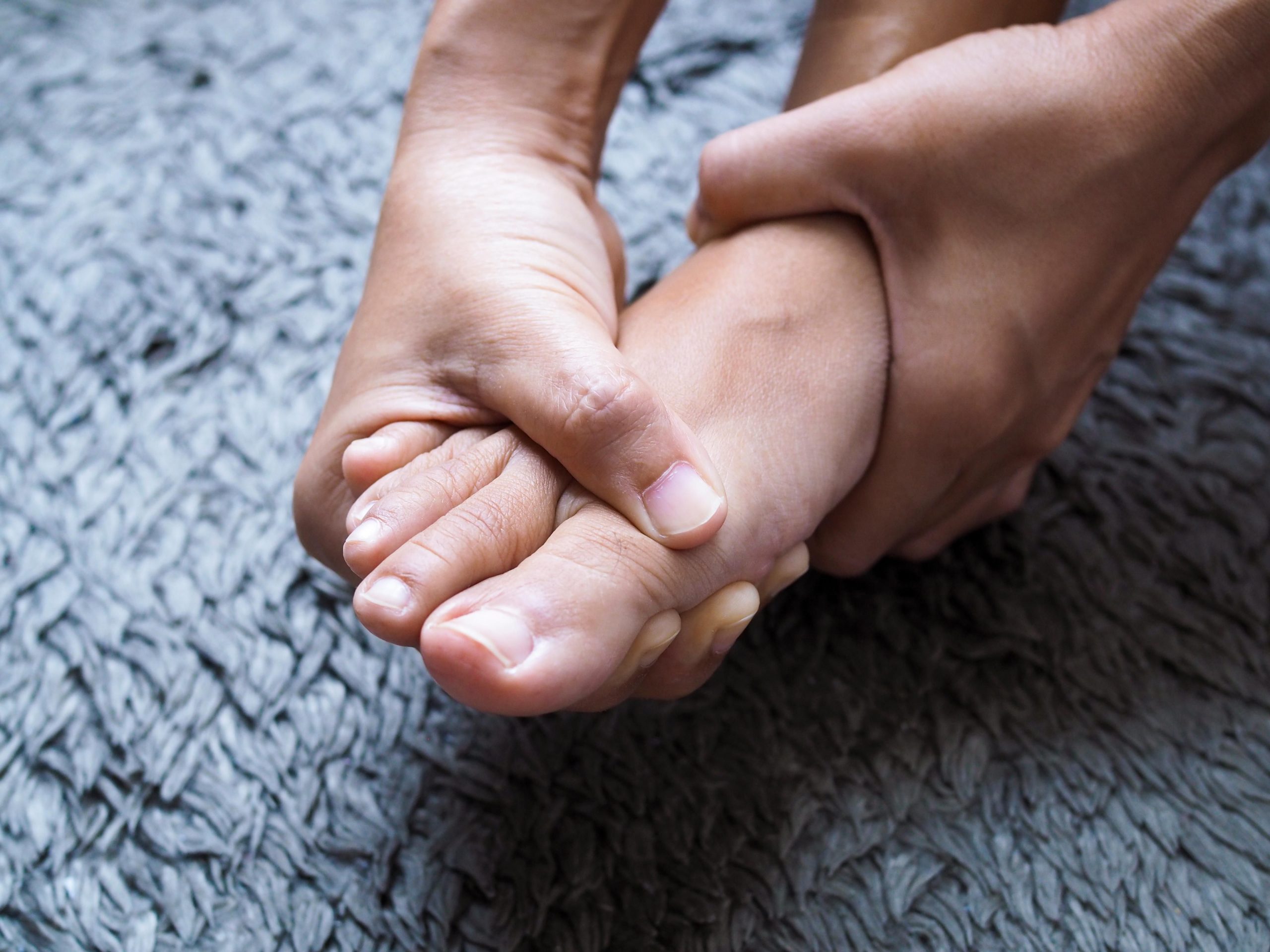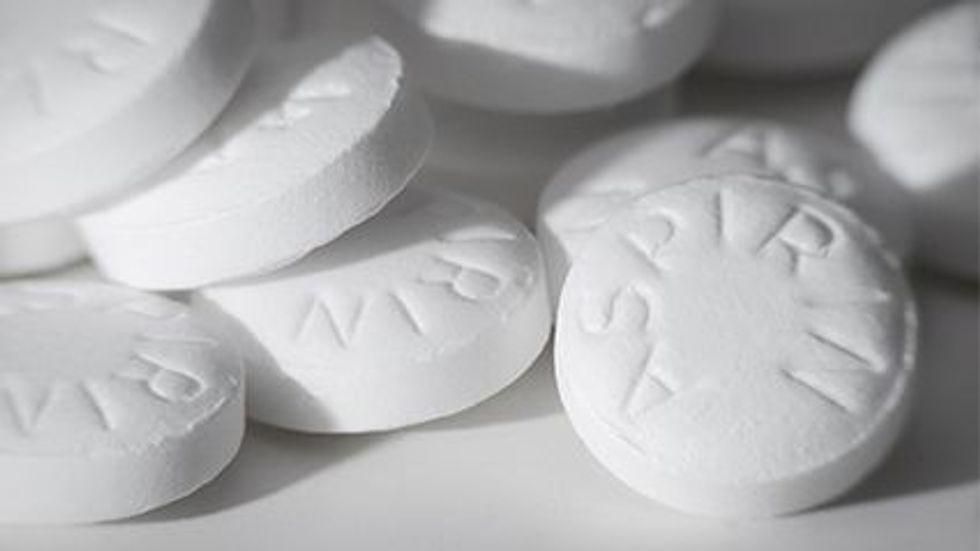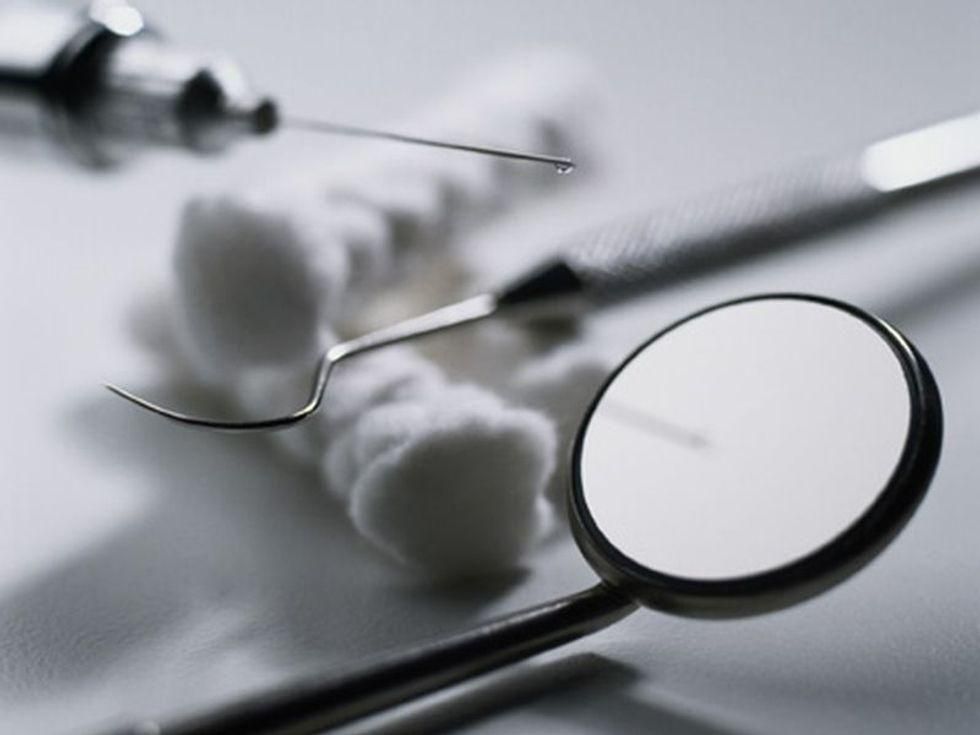
As if recovering from a heart attack wasn’t hard enough, new research shows many patients may suffer severe thinking declines. Researchers in Poland found that in the six months after a heart attack, 50% of patients experienced some decline in thinking, memory and ability to perform basic tasks. “Assessment of cognitive status isn’t a routine… read on > read on >


















